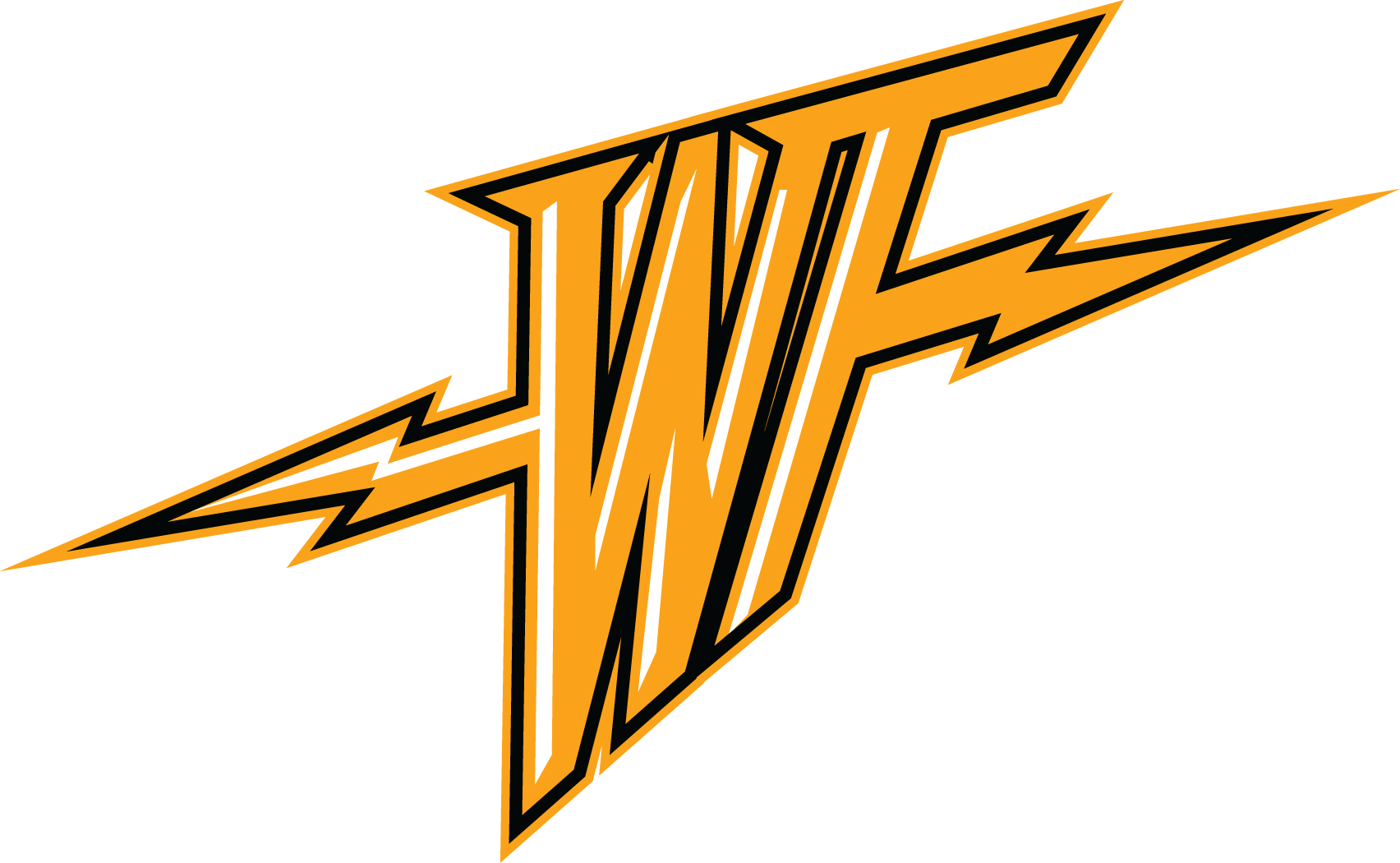Offensive Miscues and Three-Point Defense Doom Golden State as the Warriors Lose to the Grizzlies at Home
What will particularly annoy the Warriors about this game against the Memphis Grizzlies is not simply that they lost. It’s that they very easily could have won, yet they didn’t. Draymond Green acknowledged this after the game.
“It’s kind of hard for us to have a disappointing loss at this point, but this was definitely one of them,” he said. “We played pretty horrible the entire game and yet [we were] in the game pretty much the entire game. So it was definitely disappointing.”
It’s easy to point out the areas where the Warriors lost this game. If they’d shot the ball even half-decently, they would have won. If they’d avoided committing stupid and unforced live-ball turnovers, they would have won. If their defense at the three-point line had tightened up just a little bit, they would have won. Instead, they successfully performed zero of those three tasks and took a 110-102 home loss to fall to 5-20 on the season.
Most close Warrior losses this year have offered a silver lining: sure, they lost, but they played a strong competitive game when they weren’t expected to. This game didn’t even offer that. They were actually favored entering the game but trailed almost the whole way, regularly by more than 10 points. A close margin of defeat is not a consolation prize in this case.
The Warriors’ shooting woes on Monday night (37.6% from the field) showed how strong work from a few players can be canceled out by everyone else. Green, Willie Cauley-Stein, Omari Spellman and Alec Burks all scored in double figures and did so efficiently. The other seven players who saw the court, however, had trouble finding the basket on a consistent basis. They had bad shot selection and missed many of the good shots. Obviously, you can’t have four players take all the shots for your team. Even if a handful of guys are holding the line offensively, everyone else needs to at least contribute a little bit. Instead, the remaining players shot under 28% for the game and cost the Warriors chances to overcome double-digit deficits on multiple occasions.
If you simply looked at the stat sheet without having watched Monday night’s game, the turnovers wouldn’t seem to be a major factor. The 16 turnovers committed by the Dubs isn’t an excessive number, and besides, they committed fewer turnovers than they forced. They also held an edge in points off turnovers, 24-20. The problem here is not the turnovers themselves. It’s how the turnovers occurred. Most of the Warrior giveaways were not travels or offensive fouls. At least those turnovers stop the game and allow the offending team to set up their half-court defense. Instead, the Warriors committed live-ball turnover after live-ball turnover and allowed the Grizzlies to get out in transition. If you are reading the stat sheet, the stat you have to look at is not one with the word “turnover” in its name. Instead, you have to look at fast break points, which finished 25-10 in favor of Memphis. Most of those 25 were created by the Grizzlies running the floor following turnovers as Warrior players threw bad passes and lost the handle.
Golden State’s three-point defense is the final installment in the trilogy of factors that determined the outcome of Monday night’s game. It’s also the most surprising of the three, given that the Grizzlies and Warriors were 24th and 29th in the NBA in the category, respectively. Both teams shot above their season averages, but Memphis took things to a different level. To set a baseline, the Warriors average roughly 28 three-point attempts per game and took 27 on Monday. The Grizzlies, on the other hand, average 31.5 attempts per game but shot 40 against the Dubs. They just kept shooting. And didn’t stop. And for the most part, throughout the game, kept making them. Some of this was due to good Grizzlies ball movement and hot shooting. Most of it was not. Defensive rotations lagged and the few capable three-point shooters that Memphis does have found themselves wide open too often. In a game decided by eight, the Grizzlies won the three-point line by 12. Had the Warriors been just a little crisper defending the arc, they could have won this game.
All of these factors created one of the only Warriors losses this season where they genuinely, truly should have won. Steve Kerr didn’t hold back after the game.
“I thought the energy was pretty good early, but the execution was really poor,” he said. “It seemed like every time we started to make a push — you know, get it to one, get it to two — we’d give up three hoops in a row. Often, it was just, you know, carelessness. Backcut here or a transition basket there. So a very, very disappointing game.”
Green and Kerr clearly expressed the same sentiment: angry, disappointed and fully aware that they should not have added to the loss column. Bad teams will lose games they should win from time to time. Monday night was one of those times.
